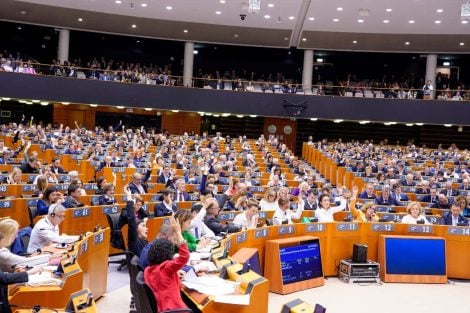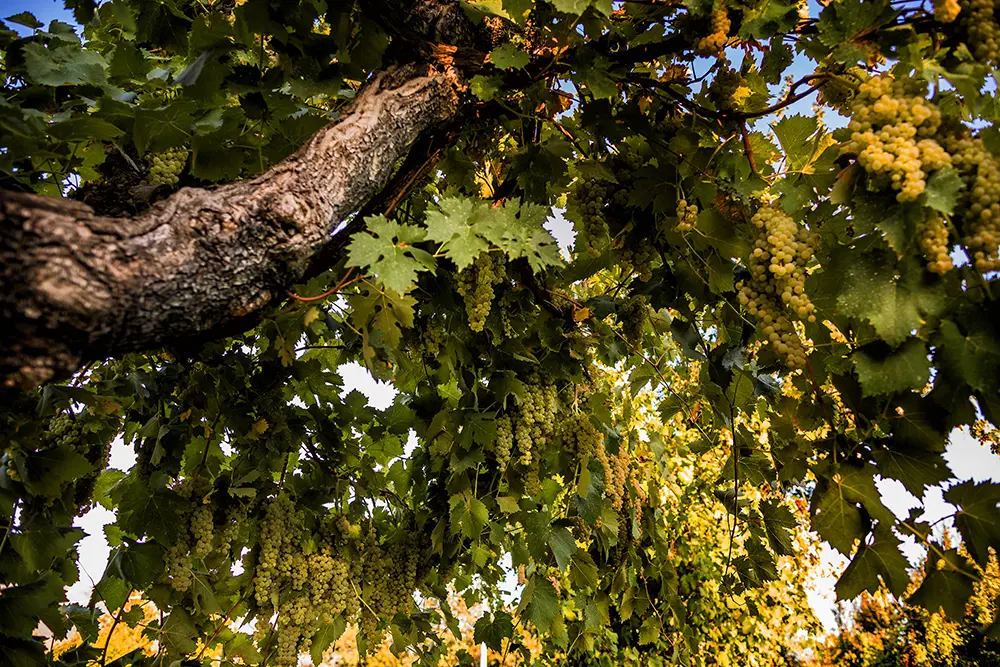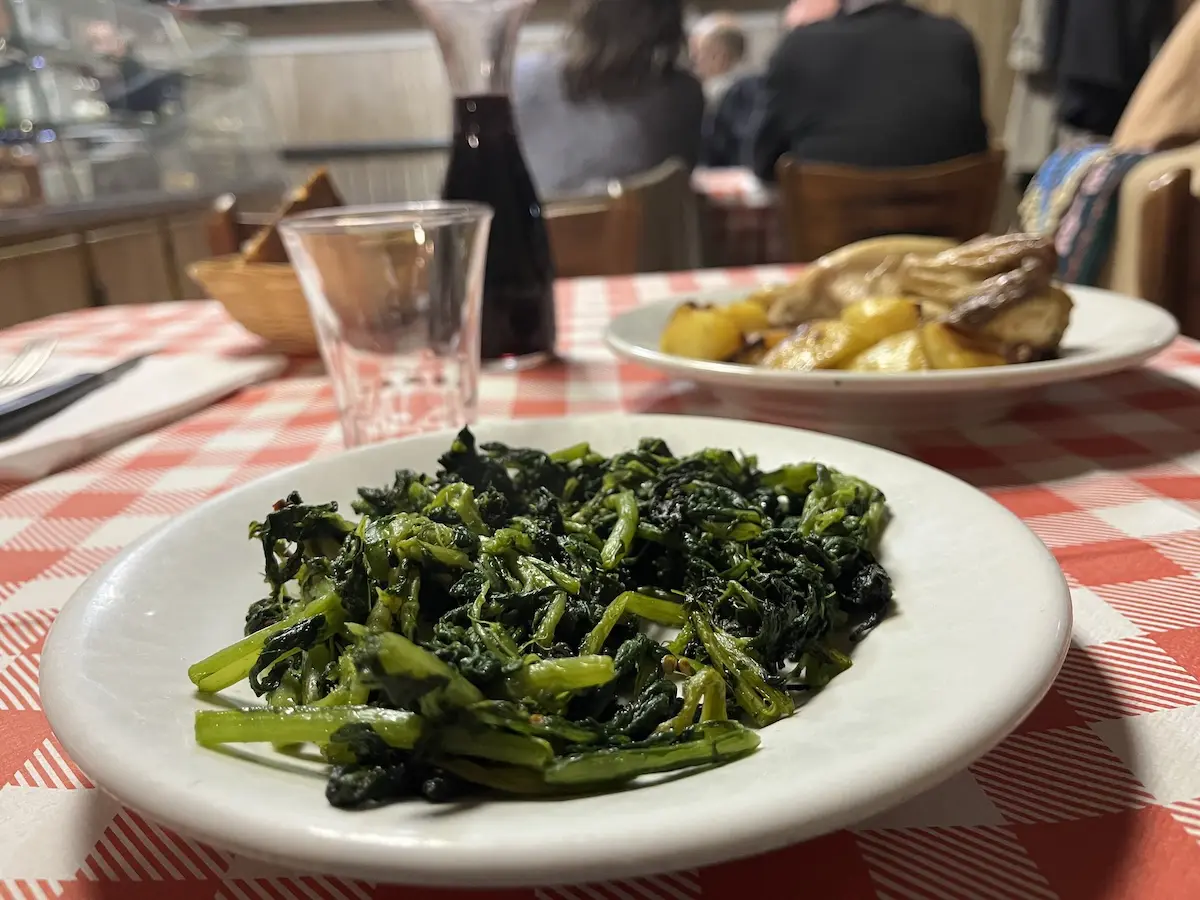Europe’s wine policy package, the new CAP, health warnings: Europe is preparing to rewrite its wine-sector policies — and with them, the industry’s future. This was the central topic at the conference organised by FIVI during the Bologna Mercato, The Wine of Tomorrow: The Challenges of the New CAP Between Production Management and Risk Management. Among the speakers was Ignacio Sánchez Recarte, Secretary General of CEEV (the European Committee of Wine Companies).
The association — which includes Italy’s UIV and Federvini — is particularly concerned about the possibility of using OCM funds for emergency measures such as vineyard uprooting and crisis distillation.
“If the little money available is used to destroy vineyards, wine will no longer have the moral authority to ask policymakers for further resources. Therefore,” said Sánchez Recarte, “European funds must go to those who want to invest in the sector.”
But the issue is far from settled, as he explains in this interview.

When will the wine package be finalised?
For now, we only have estimates. Trilogues will begin in the next few days and, given the alignment between Parliament and Commission, we hope things will move quickly. The most optimistic say it could be concluded before December, but to be safe let’s say around February.
Is there a chance that vineyard uprooting will not be included in the OCM programmes?
There will definitely be debate. The Commission does not want it funded with OCM resources, while Parliament has taken the opposite position. This will be a point of contention. CEEV is against using those funds: if there must be financial support, it should come at the national level. Money intended for competitiveness should not be used for destruction. We’ve been down this road before — and here we are again.
Why did Parliament include these measures in the package? Which countries support them?
It is certainly the result of political pressure and differing visions of viticulture. The main driver is France, whereas Italy and Spain are opposed.
Any other points in the trilogue that will spark debate?
There’s the issue of naming partially de-alcoholised wines. Parliament proposes reduced alcohol. But while the English works, the translations sound terrible. We hope there’s still room to return to low alcohol or at most light, as the Commission proposed.
The wine package also includes digital labelling for nutritional information. Does this finally close that long-running chapter?
Yes — after various stops and starts, that chapter should finally close.
But this has nothing to do with health-warning labels, correct?
Correct. The wine package doesn’t address health warnings because the issue is too sensitive and these measures are designed to be implemented quickly. In any case, Europe will need to harmonise rules or each country will act independently — as Ireland already has.
Speaking of Ireland, Italy’s Minister Lollobrigida recently said he met Minister Martin Heydon, who told him Dublin intends to review its national labelling law. Any updates?
At the moment, the Irish issue has simply been postponed until September 2028 — ironically thanks to Trump. The US Department of Commerce had flagged the labels as a barrier to U.S. trade. Only for that reason did Dublin delay implementation. But the problem remains: we’ve merely kicked the ball down the road.
Besides Ireland, are other countries considering similar warnings?
Yes — starting with Poland. Outside Europe, India, Chile, and Australia are also moving in that direction.
Yet the latest UN report on non-communicable diseases seems to distinguish between consumption and abuse.
Politically, the UN’s position is positive. But the WHO has insisted for over a year on not distinguishing between moderate consumption and abuse, promoting warning labels. The debate is still open.
A major Spanish study from the University of Navarra — partly EU-funded — suggests positive results for wine. Could this influence decisions on health warnings?
It is an important clinical study examining wine’s role within the Mediterranean diet. Early results are positive and show reduced risks associated with wine consumed as part of a healthy diet — even regarding cancer. It will certainly influence wine’s future, but we don’t know whether it will affect decisions on warning labels.
Looking ahead to the next CAP: what risks does wine face if its resources can be diverted elsewhere?
It’s as if all pots of money — including wine’s — are being mixed together. The measures for the sector remain, but while they used to have a dedicated budget, the new proposal does not guarantee this. Other areas may draw from those same funds. In other words: the measures exist, but no specific funding is assured.


 'Sustainability is not an abstract term'
'Sustainability is not an abstract term' Trebbiano Spoletino changes colour
Trebbiano Spoletino changes colour Why not every trattoria should be written about
Why not every trattoria should be written about Brigitte Bardot’s final rosé: the wine that marks the end of an icon
Brigitte Bardot’s final rosé: the wine that marks the end of an icon What you need to know about Italy's new decree on dealcoholised wine
What you need to know about Italy's new decree on dealcoholised wine




